Time Management with ADHD: How to Stay on Track (Without Losing Your Mind)
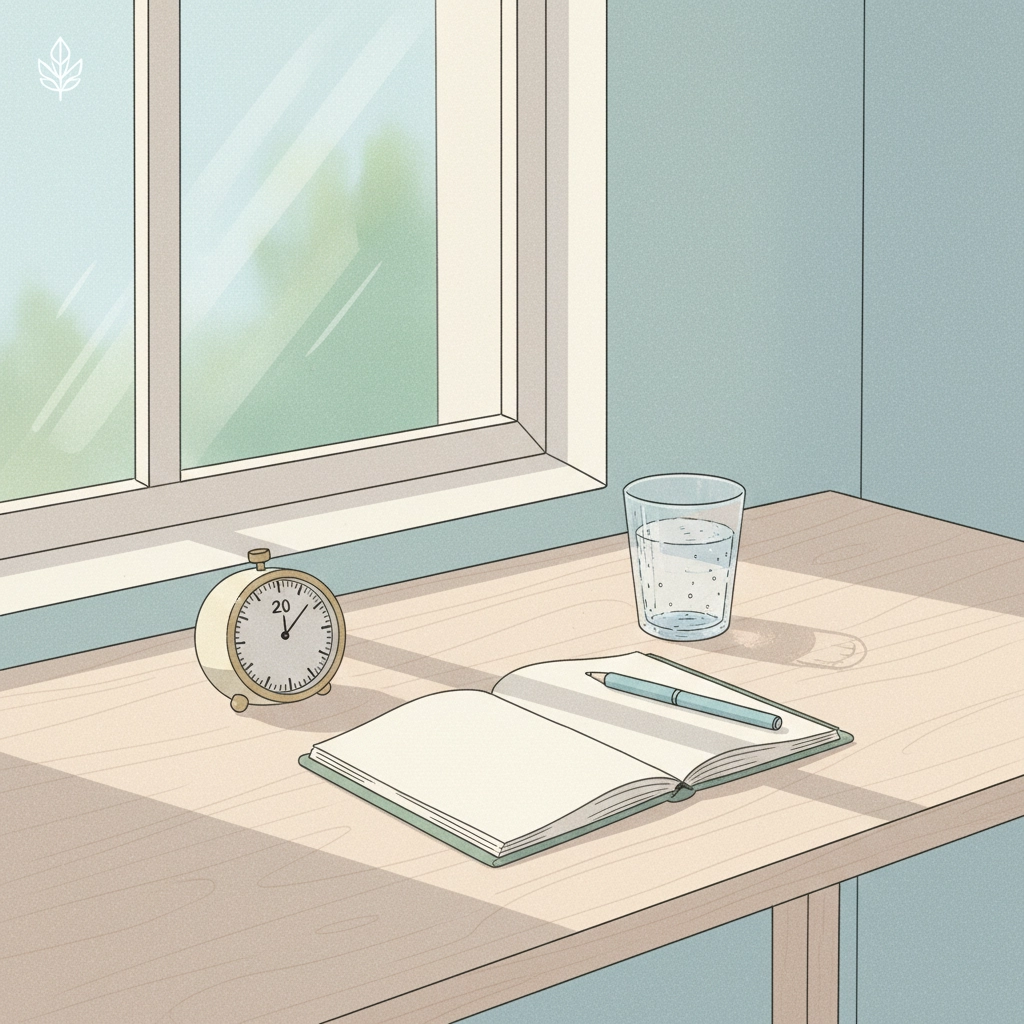
Okay, let's be real here, if you have ADHD like I do, you've probably heard the phrase "just make a to-do list" about a thousand times. And honestly? It makes me want to roll my eyes so hard they fall out of my head. But here's the thing that drives me absolutely nuts: those boring-ass lists and time management systems actually work. I hate that they work, but they do.
I've been wrestling with this contradiction for years. My ADHD brain craves spontaneity, gets bored with routine, and literally rebels against anything that feels too structured. But without some kind of system, I'm basically a human pinball bouncing off walls, forgetting important stuff, and staying up way too late because I lost track of time again.
So let me share what I've learned about making time management work when your brain operates like mine does, scattered, creative, and occasionally brilliant, but definitely not built for traditional productivity advice.
The ADHD Time Struggle is Real
First off, if you're reading this and nodding along, you're not broken. Our brains just process time differently, and honestly, the world wasn't exactly designed with us in mind. Time blindness is a real thing, I can sit down to "quickly" check social media and suddenly it's three hours later and I haven't eaten lunch. Sound familiar?
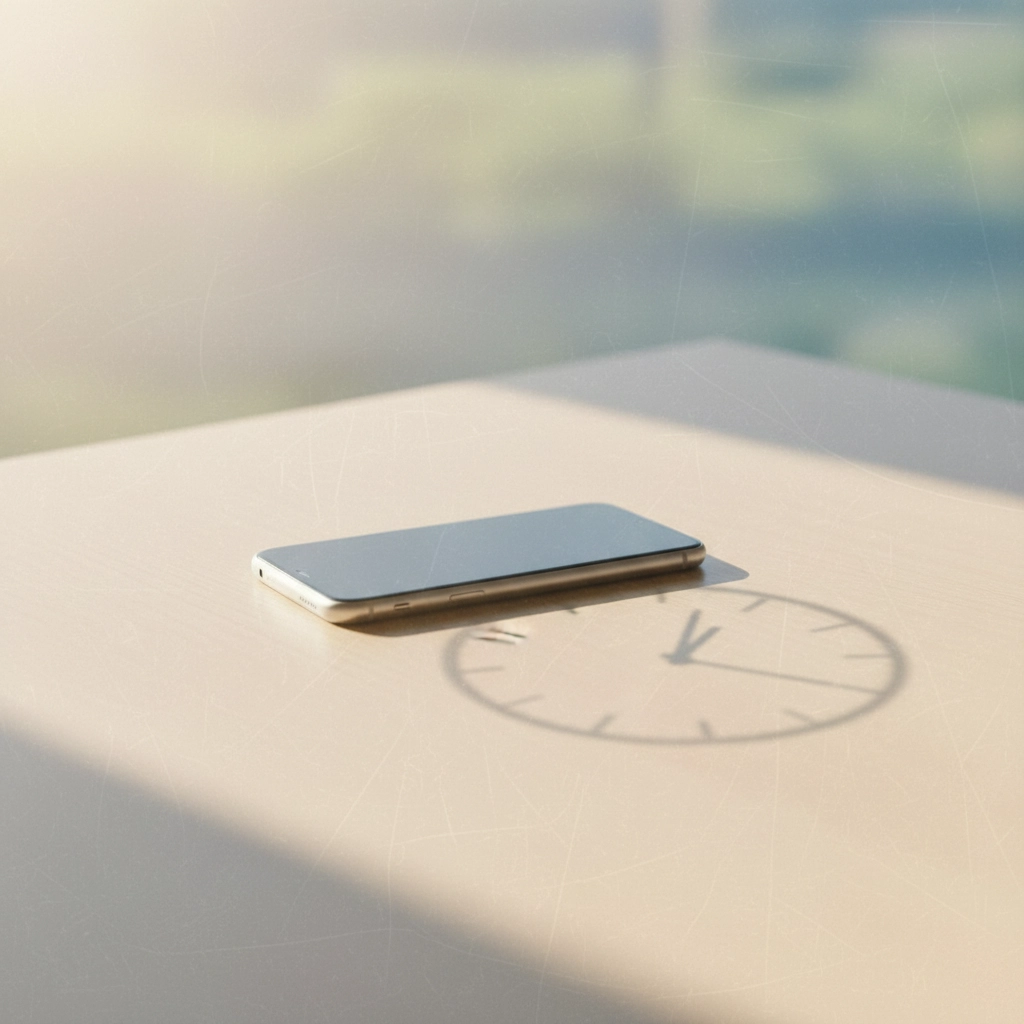
The worst part? Everyone makes it sound like it's just a matter of discipline or trying harder. Like, thanks Karen, why didn't I think of just being more organized? Revolutionary stuff right there.
But here's what I've discovered: we can't fight our brains. We have to work with them, even when they're being complete chaos gremlins.
Finding What Actually Works (Spoiler: It's Weird)
The Pomodoro Technique saved my sanity, and I'm not even exaggerating. Twenty-five minutes of focused work, then a five-minute break. It sounds stupidly simple, but it works because it matches how our brains actually function. We're not trying to marathon through eight hours of productivity, we're sprinting in short bursts.
I set a timer on my phone, and when it goes off, I literally have to stop what I'm doing. Even if I'm in the zone. Especially if I'm in the zone, because otherwise I'll hyperfocus for six hours straight, forget to eat, and then crash completely.
The breaks are crucial too. I used to think breaks were for weak people (thanks, toxic productivity culture), but now I use them to stretch, grab water, or just stare out the window for a minute. It's like hitting a reset button on my brain.
Breaking Stuff Down (Because Everything Feels Overwhelming)
Big projects make me want to hide under a blanket and pretend they don't exist. So I've gotten really good at lying to myself about what I'm actually doing. Instead of "write the quarterly report," I tell myself I'm just going to "open the document and type one sentence."
Most of the time, I end up doing more than one sentence because starting is literally the hardest part. But even if I don't, I've still made progress, and that feels better than staring at my to-do list feeling like a failure.
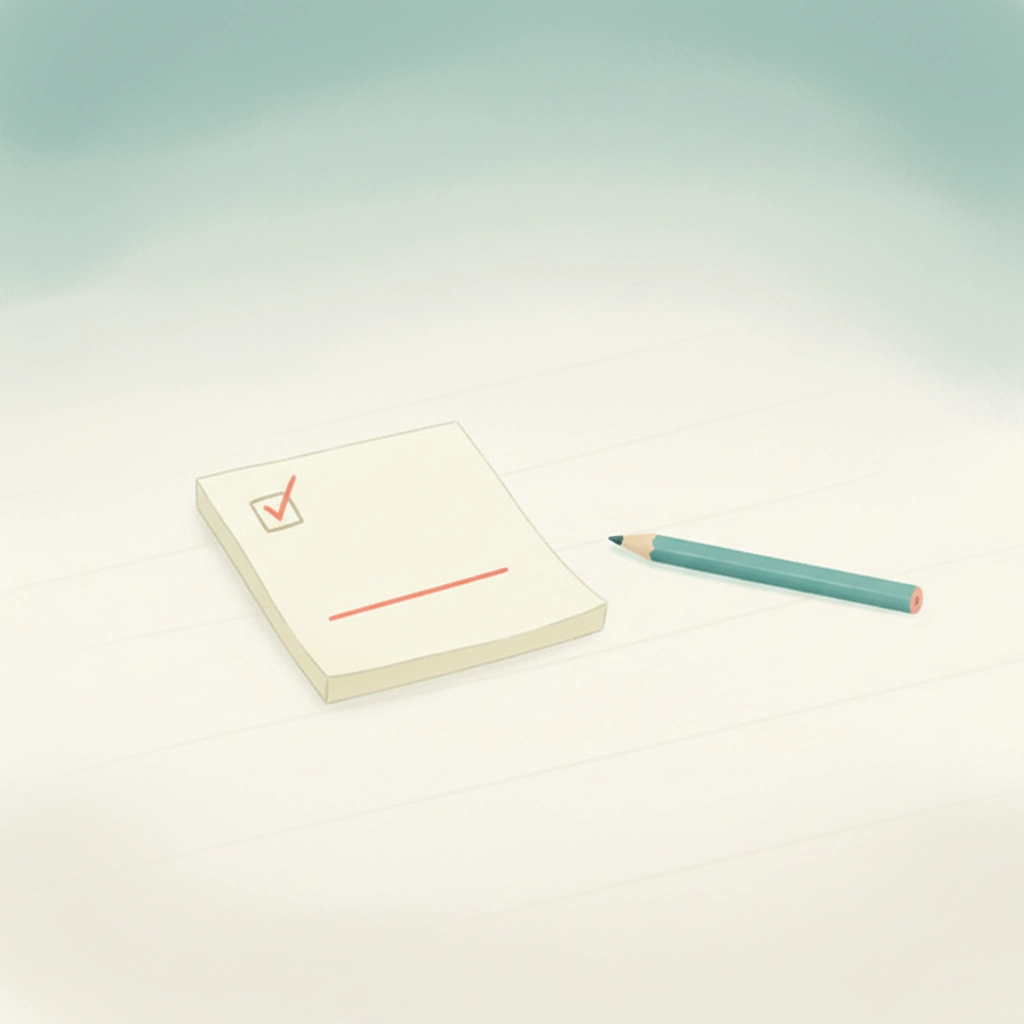
I also set fake deadlines for myself. If something is due Friday, I tell myself it's due Wednesday. This gives me buffer time for when my brain decides to be completely uncooperative (which happens more than I'd like to admit).
The Self-Care Balancing Act
Here's where it gets tricky, we need structure to function, but we also need time for ourselves or we burn out completely. And when I say burn out, I mean the kind where you can't get out of bed and everything feels impossible.
I've learned that self-care isn't selfish; it's literally necessary for my brain to work properly. Working out isn't just about staying healthy, it's about managing my ADHD symptoms. When I exercise regularly, I can focus better, sleep better, and generally be less of a hot mess.
But scheduling self-care feels weird, doesn't it? Like, shouldn't taking care of yourself be natural and spontaneous? Maybe for some people, but not for us. I literally have "go to bed" on my calendar with an alarm. Because left to my own devices, I'll stay up until 2 AM doom-scrolling or hyperfocusing on some random project.
Technology: Friend or Foe?
My relationship with technology is complicated. On one hand, it's the source of infinite distractions. On the other hand, it's what keeps me semi-functional as an adult.
I use apps that block social media during work hours because I have the self-control of a toddler around Instagram. I set multiple alarms for everything because my brain will absolutely convince me that I'll remember something important (spoiler: I won't).
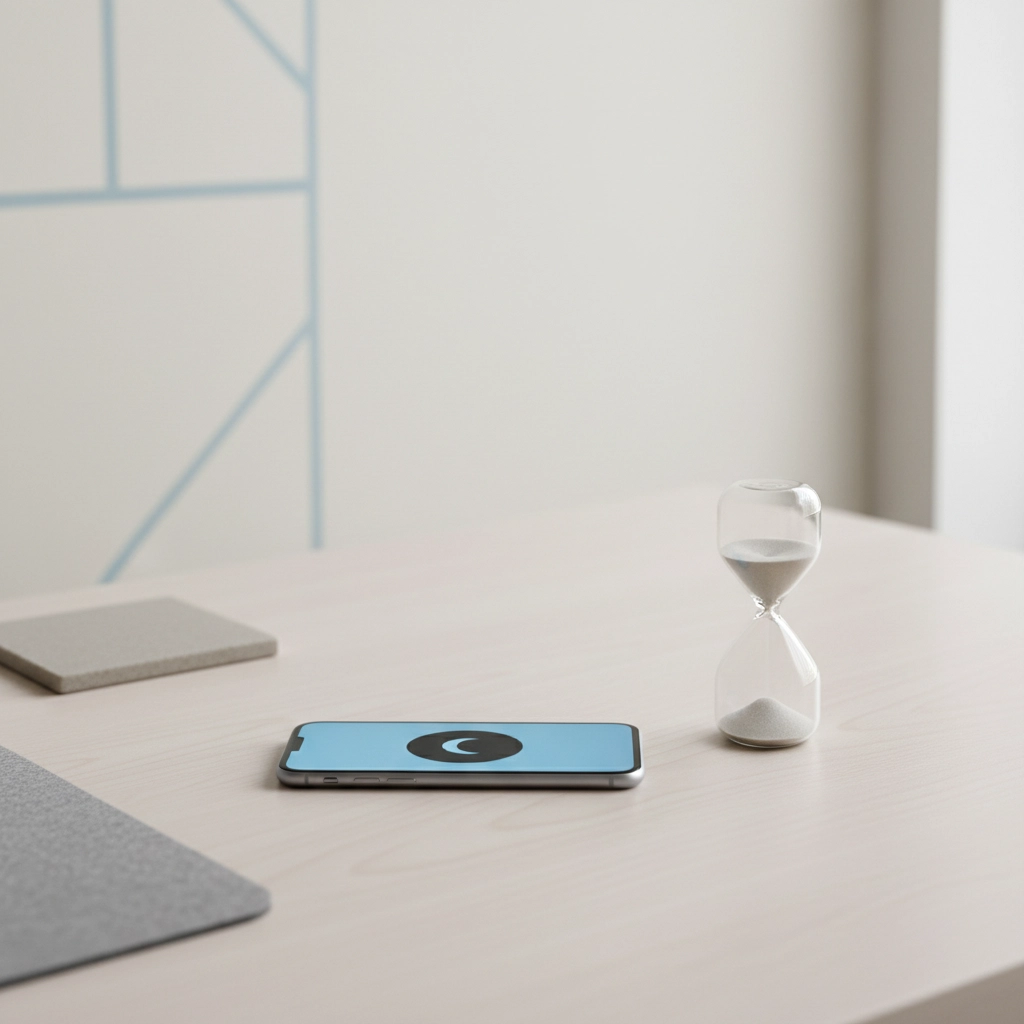
Calendar notifications are my lifeline. I set them for meetings, deadlines, meal times, and yes, bedtime. It feels excessive until you realize that without external cues, I lose all sense of time passing.
The Boring Stuff That Actually Helps
Those to-do lists I mentioned hating? I still hate them, but I've made peace with them. Instead of long, overwhelming lists, I write down three things I want to accomplish each day. That's it. Three things.
Some days I don't even finish all three, and that's okay. Other days I finish them and feel like I can conquer the world. The key is being realistic about what I can actually accomplish in a day while dealing with ADHD brain.
I also do a quick planning session every morning: just five minutes to figure out my priorities and when I might work on them. It's not about creating a rigid schedule; it's about giving my brain a loose framework to operate within.
When Everything Falls Apart (And It Will)
Let's be honest: some days are going to be disasters. Your systems will fail, you'll miss deadlines, and you'll feel like you can't do anything right. I've been there more times than I can count.
The trick is not being too hard on yourself when this happens. ADHD brains are inconsistent by nature. Some days we're productivity machines, other days we can barely remember to brush our teeth. Both are valid experiences.
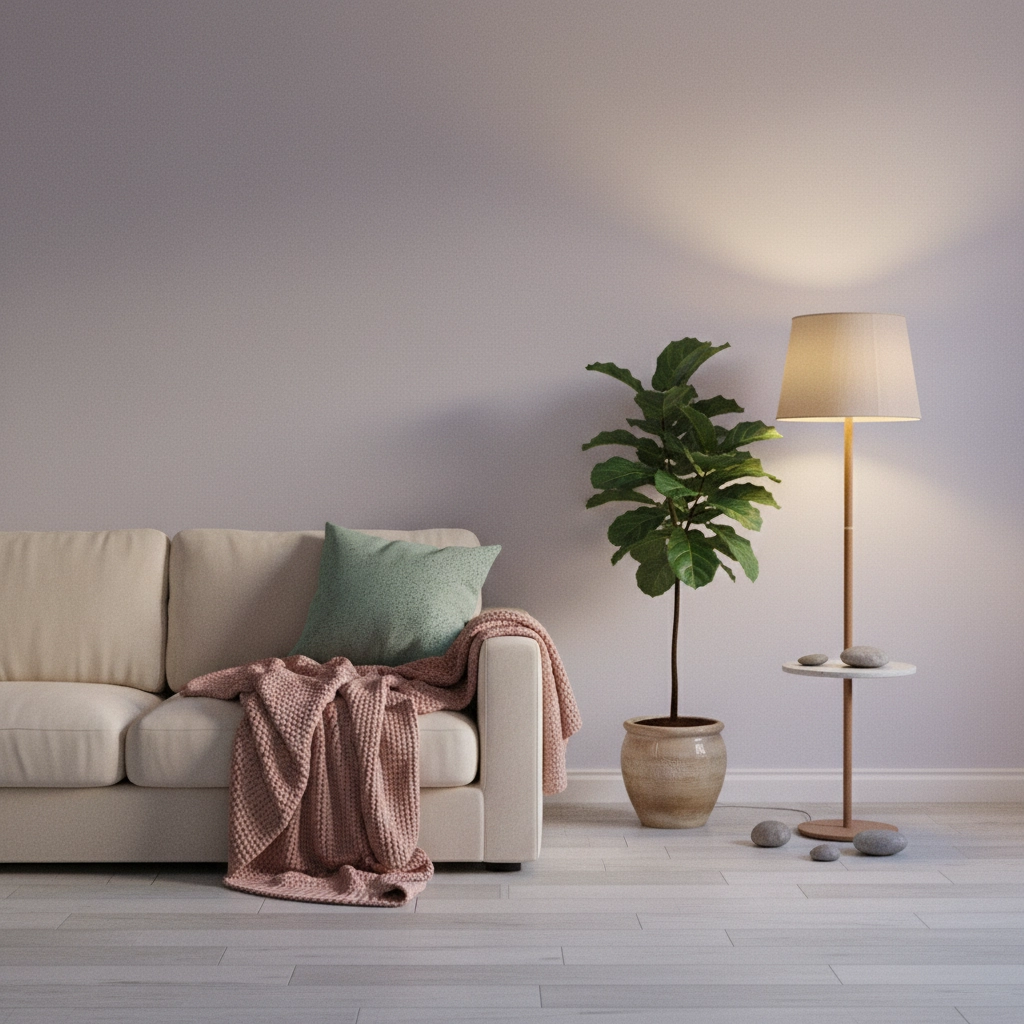
What helps me is remembering that progress isn't linear. Even when I have a complete meltdown and spend the day on the couch watching Netflix, I'm not back at square one. All the systems and habits I've built don't disappear because of one bad day.
Building Something That Lasts
The biggest lesson I've learned is that sustainable time management with ADHD isn't about perfection: it's about flexibility. My systems need to be forgiving enough to handle the chaos while structured enough to keep me moving forward.
Some weeks I'm religious about my Pomodoro timers and get everything done ahead of schedule. Other weeks I barely manage to keep my head above water. Both are okay. The goal isn't to become a neurotypical person with perfect time management skills. The goal is to work with what we've got and be a little gentler with ourselves in the process.
If you're struggling with this stuff too, know that you're not alone. We're all figuring it out as we go, one imperfect day at a time. And honestly? That's probably the most human thing about all of us.
What matters is finding what works for your specific brand of beautiful chaos and not apologizing for needing systems that other people might find excessive or weird. Your brain is different, and that's not something to fix; it's something to work with.

No comments:
Post a Comment